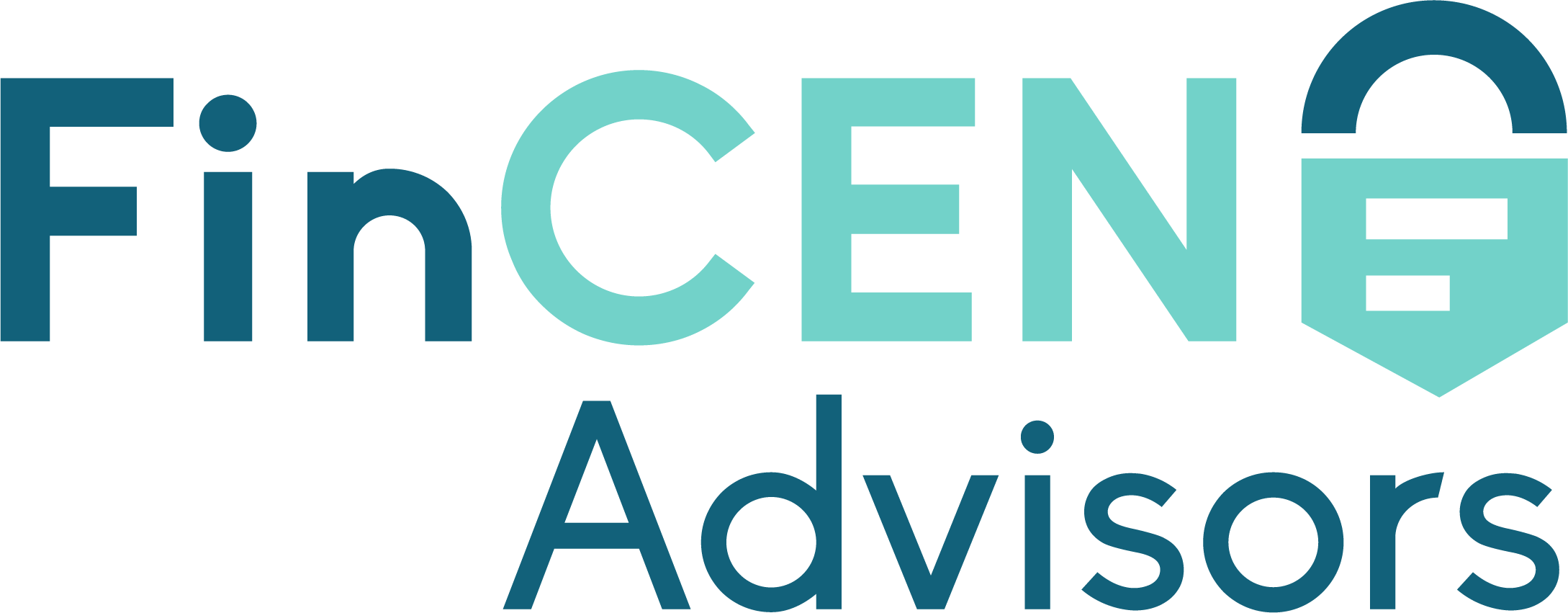What you need to know about BOI Reporting Exemptions
While millions of businesses are required to submit Beneficial Ownership Information (BOIs) to FinCEN, there are many categories and circumstances that are exempt.



Businesses that are generally exempt from filing Beneficial Ownership Information (BOI) reports with FinCEN under the Corporate Transparency Act include entities that are already subject to specific federal regulation and oversight, which may involve other substantial reporting requirements. Such entities often include certain types of insurance companies, banks, credit unions, broker-dealers, registered investment companies, and pooled investment vehicles. Additionally, entities that operate under state-regulated supervision, such as public utilities, may also be exempt.
Moreover, certain types of companies that do not meet specific conditions or thresholds set by FinCEN, such as not operating in the United States or not engaging in substantial business activities, might qualify for exemptions. It’s important for businesses to carefully review the criteria outlined by FinCEN to determine if they qualify for these exemptions. More details about the exemption categories can be found directly from FinCEN or through consultation with a legal or financial advisor familiar with these reporting requirements.

According to FinCEN’s guidelines under the Corporate Transparency Act, there are specific categories of entities that are exempt from the requirement to report beneficial ownership information. Here are the categories:
Entities that are already regulated by certain federal functional regulators, such as banks, bank holding companies, credit unions, broker-dealers in securities, mutual funds, futures commission merchants, and introducing brokers in commodities.
Entities that operate under more than 20 full-time employees in the United States, file income tax returns demonstrating more than $5 million in gross receipts or sales, and have an operating presence at a physical office within the United States.
Entities that are owned or controlled by a type of exempt entity, such as a bank or a credit union.
Entities that have been in existence for over a year, are not engaged in active business, and are not owned directly or indirectly by a foreign person.
This includes companies that employ more than 20 full-time employees in the United States, report more than $5 million in gross receipts or sales to the IRS, and have a physical office within the United States.
Companies that are regulated by a state insurance regulator.

Businesses from outside the US are required to file Beneficial Ownership Information (BOI) reports if they meet certain criteria. Specifically, foreign entities that are registered to do business in the United States must file BOI reports. This includes corporations, limited liability companies (LLCs), or similar entities formed under the laws of a foreign country that have registered to conduct business in the U.S.
The requirement aims to increase transparency and prevent illicit activities by making it harder for foreign entities to use U.S. entities to conceal ownership or financial dealings without disclosure. The filing requirements and procedures are the same as for domestic entities, involving reporting details about the beneficial owners who own or control the entity.
A beneficial owner is defined generally as any individual who, either directly or indirectly, owns or controls a significant percentage of an entity’s equity or interests, or who has substantial control over the entity’s management or operations. Specifically, under the guidelines used for filing Beneficial Ownership Information (BOI) with FinCEN, a beneficial owner is:

Any individual who owns 25% or more of the equity interests in the entity. This ownership can be through direct holdings or through means that indirectly give control over the equity.
An individual who has significant responsibility to control, manage, or direct the entity. This can include senior executives like a CEO, CFO, or any other person who regularly makes important decisions regarding the entity's operations, management, or direction.
The definitions are designed to ensure that those with effective control and significant economic stakes in entities are transparent, which helps prevent and detect financial crimes, such as money laundering and financing of terrorism. The focus on both ownership and control addresses scenarios where ownership might be spread among various parties or obscured through complex structures, and it also captures those who may not have a significant ownership stake but who have substantial managerial control
Many accounting and legal firms are supporting their clients with our proprietary CTA Compliance Software, FinCEN File Pro. Learn More
If you would like to see how you can add value for your clients with FinCEN FilePro, click below to schedule a live demo, take an interactive tour, or watch short video.





Join thousands of businesses that trust and utilize our services.




Join thousands of businesses that trust and utilize our services.